Three ingredients for turning research into policy action
Researchers can provide evidence-based insights that can inform policy decisions. However, researchers need to go the extra mile to achieve policy impacts. At the SUMERNET Learning Forum 2024, which took place in Thailand, think tanks shared their lessons on how to bridge research to policy in the Mekong Region.
Shared language, common understanding
“Every researcher dreams that their findings can influence policy; however, I don't feel that any policymaker will understand your academic language at this forum,” said Dr. Jeeranuch Sakkhamduang, senior researcher at the Thailand Environment Institute (TEI).
In fact, the title of the panel discussion where she made that statement included a few buzzwords, such as leveraging, knowledge co-production, or WEC Nexus. These terms are often considered “Western” terms, which may challenge non-academic or early-career professionals, especially those speaking Mekong languages.
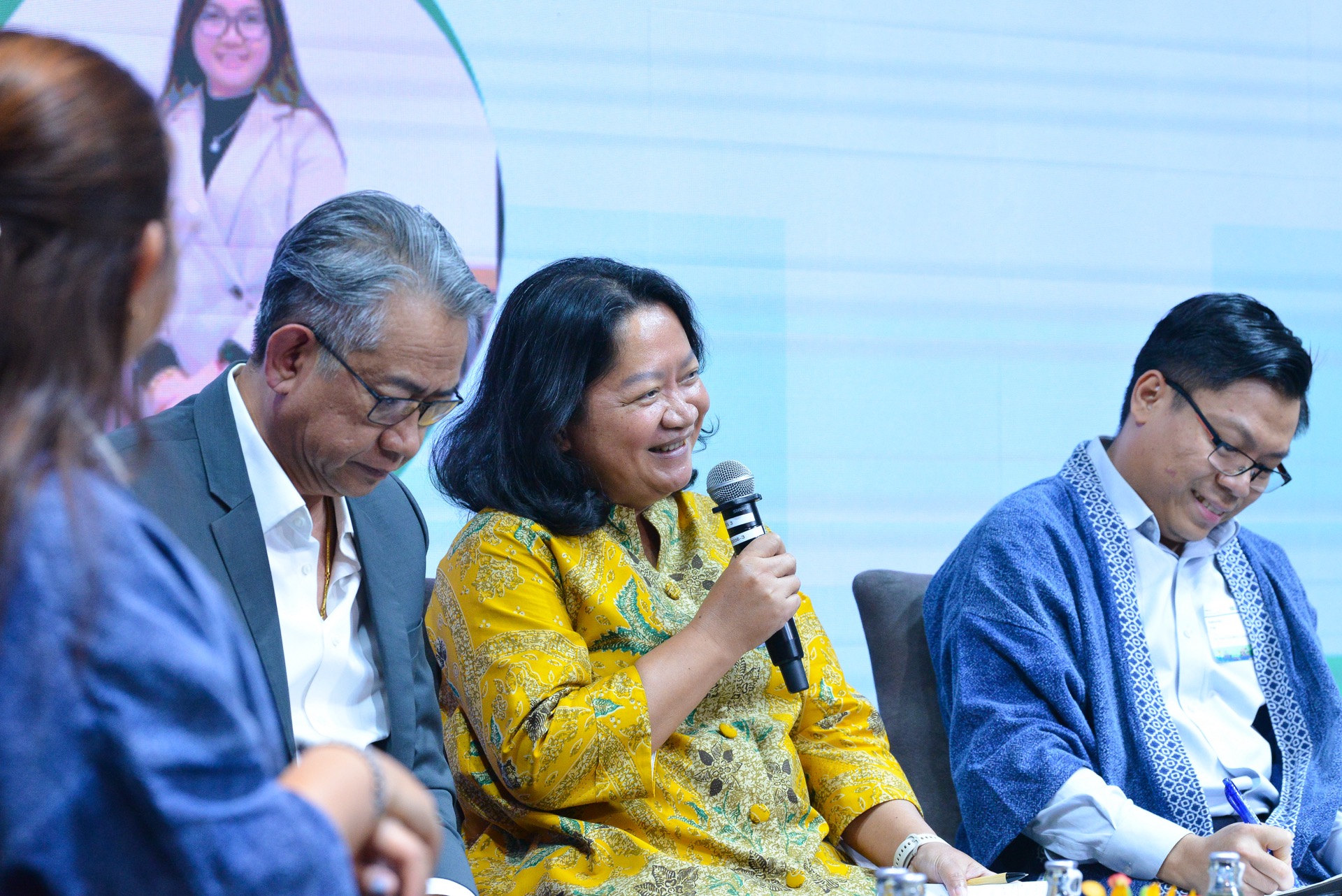
According to Sakkhamduang, the key to effectively communicating with policymakers is to “speak in their language.” This means understanding their priorities, terminology, and perspectives to ensure researchers’ message is tailored to them.
Another approach to making science more accessible is to involve policymakers in research projects from their inception, as suggested by Mr. Rathyrea Prak, Knowledge and Learning Manager of the Ponlok Chomnes Program at the Asia Foundation. His program provides collaborative research grants with which research institutes in Cambodia can partner with local policymakers. As co-researchers, they will own research findings, properly understand them, and possibly use those results to create a systematic impact.
More than one option
Regarding policy reform, Dr. Jeeranuch Sakkhamduang reminded us that a research finding is not an absolute answer to any problem. Instead, researchers should give policymakers “some options”.
For example, to promote nature-based solutions in urban areas, we cannot simply ask decision-makers to stop constructing concrete pavements or river banks because that is what they do. “Let’s give them options like a hybrid method or alternative materials rather than telling them to go left or right.”
“After several years working with policymakers in Thailand, we think the challenge is not only how to translate policy into practices but also the conflict within the policy itself,” she explained. For instance, a government agency working in the water sector has its agenda or key performance indicators, such as increasing the number of dams. Researchers and practitioners should not overlook these factors when giving recommendations.
Inclusiveness
Ms. Saowalak Thongkuay, a Member of the UN Committee on the Rights of Persons with Disabilities, called for the active involvement of marginalized groups in research. Addressing sustainability challenges and climate issues is most effective when research is “co-produced” by academics and non-academics, regardless of race, gender and age.
As a woman with a disability, she emphasized that “researchers cannot talk on anyone’s behalf”. Research and development projects need to integrate Gender equality, disability, and social inclusion (GEDSI).
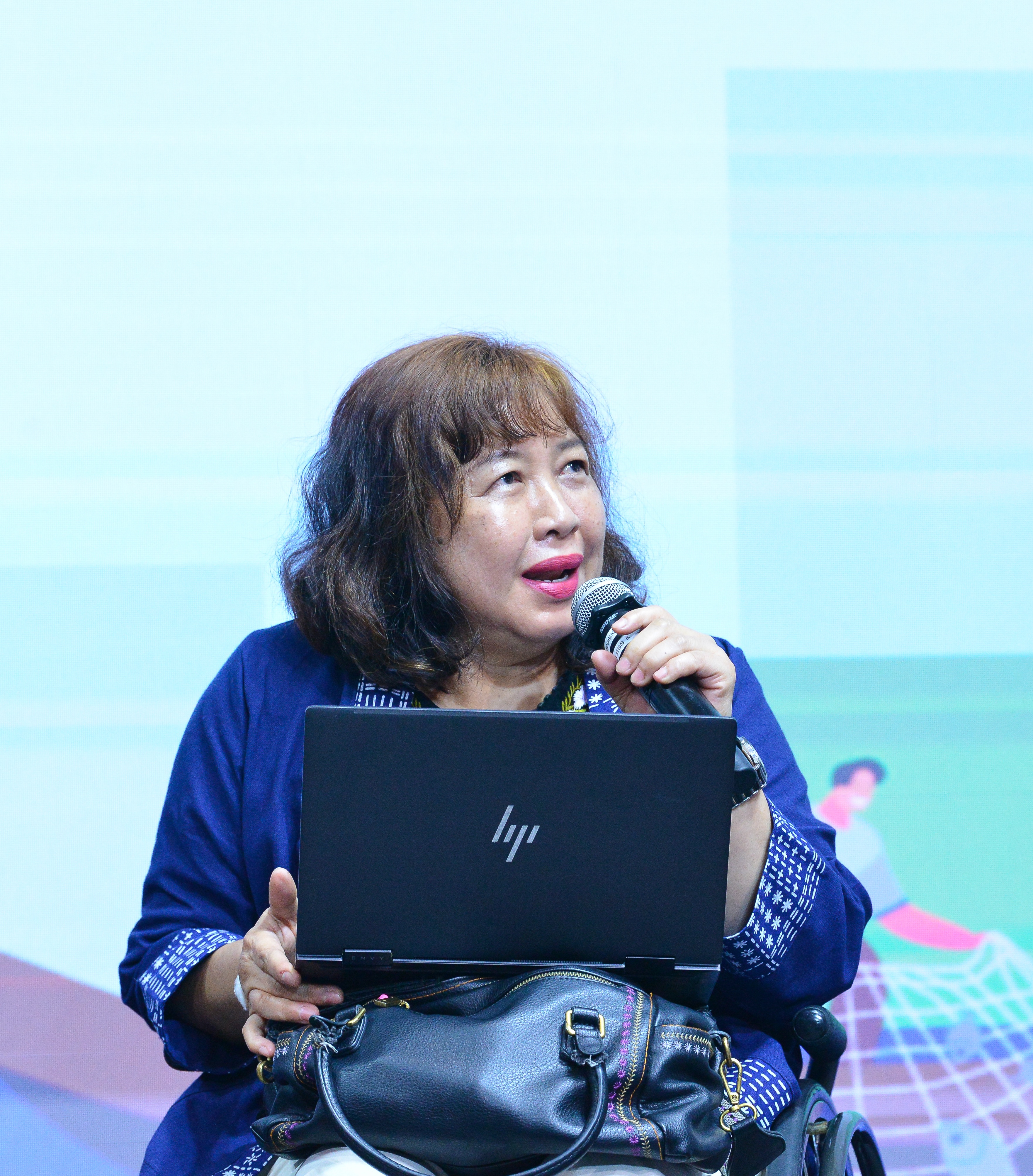
At the same time, we need to encourage governments to adopt disaggregated data collection, which means breaking down information into smaller subpopulations, for example, by marginalized group, gender, region, or level of education. By leaving no data source behind, we can better identify intersectionality - how different parts of our identity interact to create unique advantages or disadvantages. This knowledge is crucial for developing political strategies, government plans, policy reforms, and other initiatives.
This piece reflects on the "Panel Discussion: Leveraging Regional Alliance for Knowledge Co-Production: Opportunity and Challenges Engaging WEC Nexus", part of SUMERNET Learning Forum 2024 in Bangkok, Thailand on May 29.
*Photo 1: The "Panel Discussion: Leveraging Regional Alliance for Knowledge Co-Production: Opportunity and Challenges Engaging WEC Nexus". Photo: SEI Asia.
*Photo 2: Dr. Jeeranuch Sakkhamduang (in yellow outfit), Senior Researcher, Thailand Environment Institute (TEI), Thailand. Photo: SEI Asia.
*Photo 3: Ms. Saowalak Thongkuay, a Member of the UN Committee on the Rights of Persons with Disabilities. Photo: SEI Asia.
Info
This story is part of the following project
SUMERNET 4 All: Engaging with water insecurity in the Mekong Region
Topic
Related people
You might be interested in
-
SUMERNET Vision Guide introducing the new phase "SUMERNET 4 All"
The new, revised "Vision Guide" for SUMERNET is now available. This vision guide presents an overview of SUMERNET - its origins and governance structure, background to the network, aims, key research areas, engagement with policy, and outreach products
![SUMERNET Vision Guide introducing the new phase "SUMERNET 4 All"]()
-
SUMERNET 4 All Call for Proposals on Joint Action
SUMERNET 4 All (S4A) provides financial support and technical assistance to consortia of researchers and boundary partners from the Mekong Region
![SUMERNET 4 All Call for Proposals on Joint Action]()
-
SUMERNET launches redesigned website to provide a fresh visual look and direction
SUMERNET is proud to announce the launch of our redesigned website to coincide with our new phase of work on addressing water insecurity in the Mekong Region.
![SUMERNET launches redesigned website to provide a fresh visual look and direction]()
 By
By 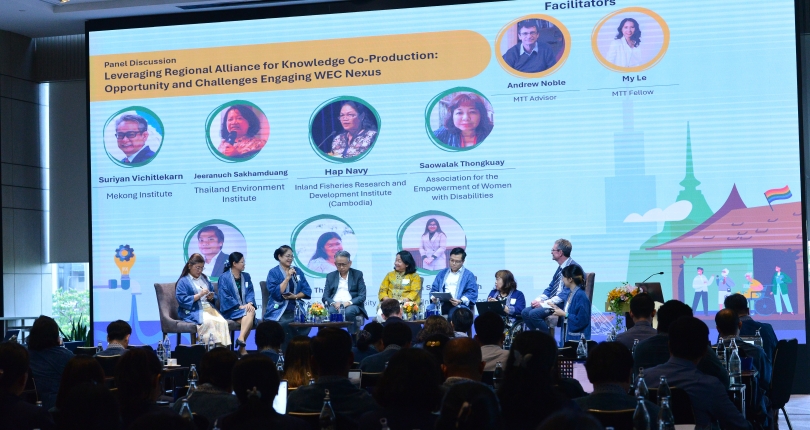
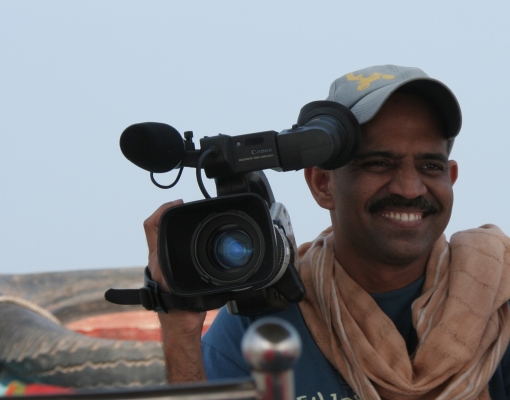


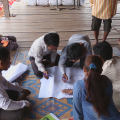

 Read more about SUMERNET
Read more about SUMERNET
